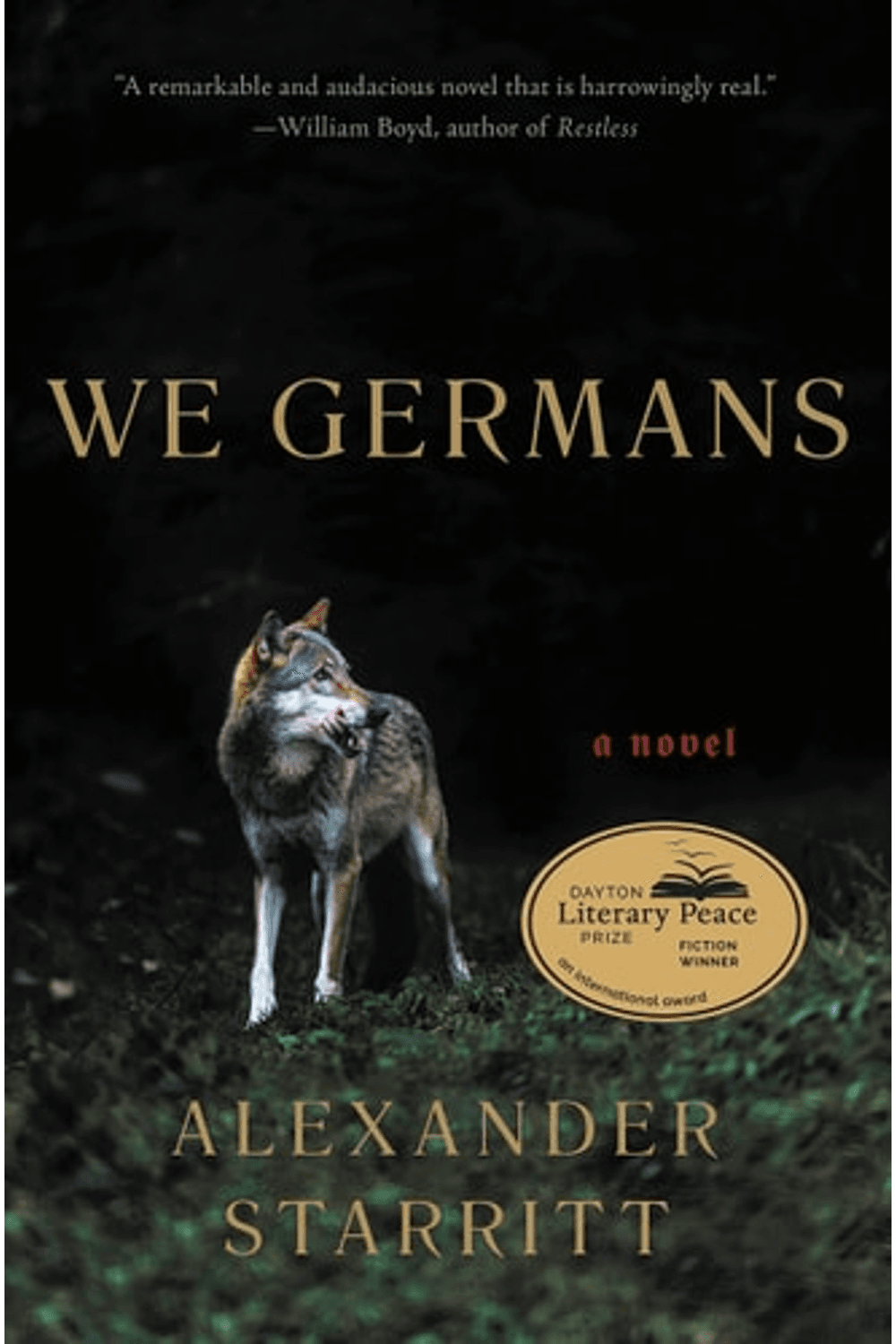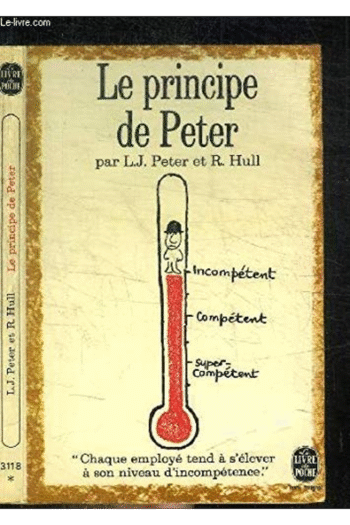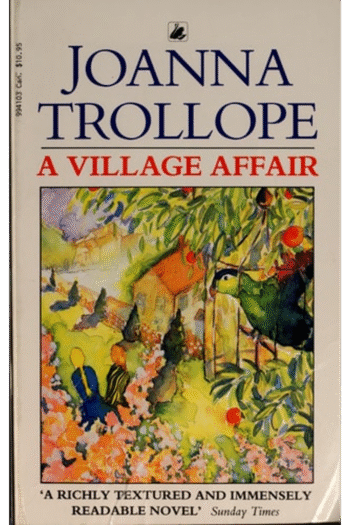Alexander Starritt’s “We Germans: A Novel,” a Dayton Literary Peace Prize winner, delivers a powerful and intimate portrayal of World War II through the eyes of a German soldier. This gripping epistolary novel, a First Edition published in 2020, unfolds as a letter from Meissner to his grandson, revealing the brutal realities of the Eastern Front and the enduring weight of guilt. More than just a war story, it’s a profound exploration of moral ambiguity and the long shadow cast by historical trauma. Starritt masterfully delves into Meissner’s experiences, from the initial idealism to the shattering disillusionment of combat against the Red Army. The narrative unflinchingly depicts the horrors of war, challenging readers to confront the complexities of complicity and individual responsibility within the Nazi regime. We Germans explores the difficult questions of atonement and the search for redemption in the face of unimaginable loss. Weighing 318 grams and spanning 208 pages, this edition is an unflinching look at war, guilt, and the enduring quest for peace.
We Germans: A Novel
22,95 $
In stock
WINNER OF THE DAYTON LITERARY PEACE PRIZE
A letter from a German soldier to his grandson recounts the terrors of war on the Eastern Front, and a postwar ordinary life in search of atonement, in this raw, visceral, and propulsive novel (New York Times Book Review).
A New York Times Book Review Editors Choice
In the throes of the Second World War, young Meissner, a college student with dreams of becoming a scientist, is drafted into the German army and sent to the Eastern Front. But soon his regiment collapses in the face of the onslaught of the Red Army, hell-bent on revenge in its race to Berlin. Many decades later, now an old man reckoning with his past, Meissner pens a letter to his grandson explaining his actions, his guilt as a Nazi participator, and the difficulty of life after war.
Found among his effects after his death, the letter is at once a thrilling story of adventure and a questing rumination on the moral ambiguity of war. In his years spent fighting the Russians and attempting afterward to survive the Gulag, Meissner recounts a life lived in perseverance and atonement. Wracked with shameboth for himself and for Germanythe grandfather explains his dark rationale, exults in the courage of others, and blurs the boundaries of right and wrong.
We Germans complicates our most steadfast beliefs and seeks to account for the complicity of an entire country in the perpetration of heinous acts. In this breathless and page-turning story, Alexander Starritt also presents us with a deft exploration of the moral contradictions inherent in saving one’s own life at the cost of the lives of others and asks whether we can ever truly atone.
| Authors | |
|---|---|
| Binding | |
| Condition | |
| ISBN-10 | 0316429805 |
| ISBN-13 | 9780316429801 |
| Language | |
| Pages | 208 |
| Publisher | |
| Year published | |
| Weight | 318 |
| Edition | First Edition |
Related products
-
LE PRINCIPE DE PETER
14,51 $ -
A Village Affair
13,85 $ -
A Village Affair
13,16 $
- Additional information
- Currencies
- USD – United States dollar
- EUR – Euro
- GBP – Pound sterling
- CNY – Chinese yuan
- BRL – Brazilian real
- MXN – Mexican peso
- JPY – Japanese yen
- PHP – Philippine peso
- THB – Thai baht
- PLN – Polish złoty
- CAD – Canadian dollar
- MYR – Malaysian ringgit
- AUD – Australian dollar
- TWD – New Taiwan dollar
- CZK – Czech koruna
- SEK – Swedish krona
- HUF – Hungarian forint
- ILS – Israeli new shekel
- CHF – Swiss franc
- HKD – Hong Kong dollar
- DKK – Danish krone
- SGD – Singapore dollar
- NOK – Norwegian krone
- NZD – New Zealand dollar





